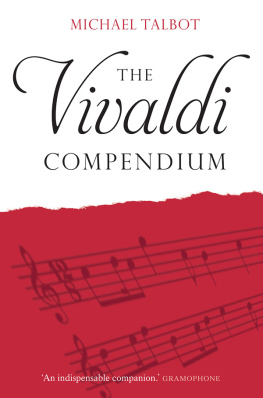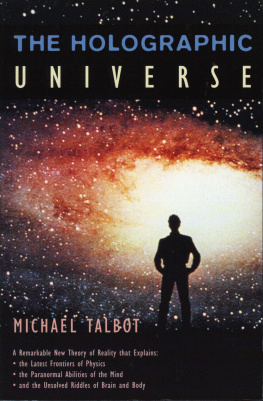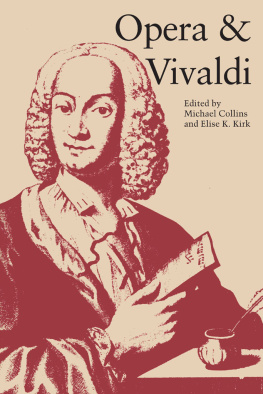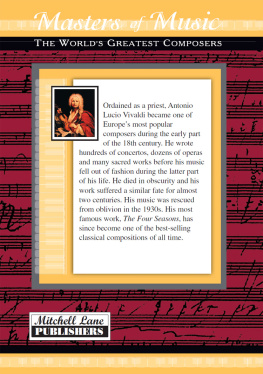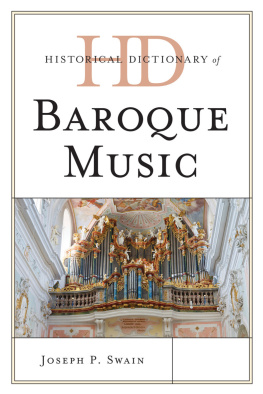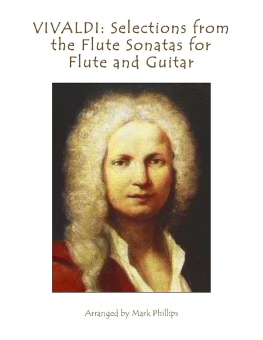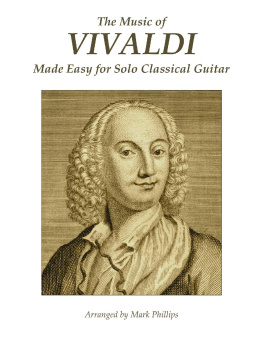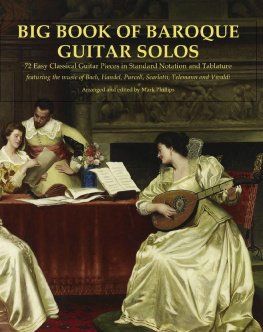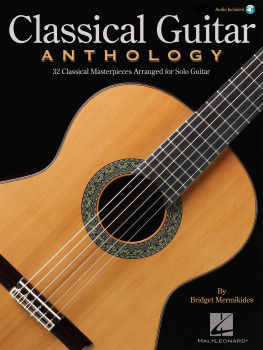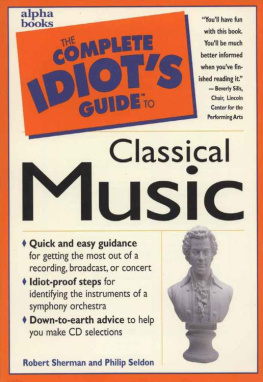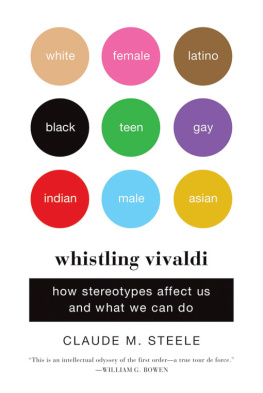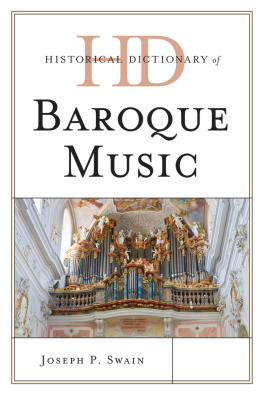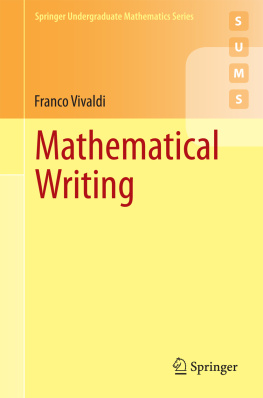The Vivaldi Compendium will serve as the most reliable and up-to-date source of quick reference on the composer Antonio Vivaldi and his music. This takes the form of a dictionary listing persons, places, musical works and many other topics connected with Vivaldi; its alphabetically arranged entries are copiously cross-referenced to guide the reader towards related topics, now directly linked in this eBook edition. The Vivaldi Compendium also provides a gateway to further reading via an extensive bibliography, to which reference is made in most of the dictionary entries. These two sections are complemented by a biography of the composer and a carefully organized list of his works.
Knowledge about Vivaldi and his music is still advancing at an incredible rate - many discoveries occurred while the book was in preparation - and every effort has been made to ensure that The Vivaldi Compendium represents the latest in Vivaldi research, drawing on the authors close involvement with Vivaldi and Venetian music over four decades.
MICHAEL TALBOT is Emeritus Professor of Music at the University of Liverpool and a Fellow of the British Academy. He is known internationally for his studies of late-baroque Italian music, which include recent books on Vivaldis chamber cantatas [2003] and the same composers fugal writing [2007].
Praise for The Vivaldi Compendium
[A] musicological masterpiece. It is also one of the most practical books ever published, a book that enables anyone [.] to find reliable and detailed information on almost every subject connected with Vivaldi within seconds. One cannot be grateful enough to the author for this painstaking and most helpful publication. EARLY MUSIC.
This amazingly comprehensive volume packs a huge amount of expert scholarship [] into an extraordinarily small space. [] an indispensable addition to the shelves of anyone with an interest in Vivaldi, whether scholar, student, performer or music lover. THE CONSORT.
[Ein] vorteffliches Buch [], das durch Klarheit und Verstdlichkeit in bester Angelschsischer Wissenschaftstradition besticht. CONCERTO.
Its called a compendium, but it could also be termed a dictionary or pocket (almost) encyclopedia dedicated to a composer whose present popularity worldwide far exceeds the actual knowledge of his life and works. The completeness of this realization [] is praiseworthy. MUSICA.
[T]here is nobody internationally as well-placed as Talbot to provide such a versatile and friendly guide to Vivaldi [] The Vivaldi Compendium will become an indispensable companion. GRAMOPHONE.
This compact volume by Talbot provides an excellent orientation and quick reference to the state of scholarship on the life and music of Antonio Vivaldi. [] The scope of this bibliography is impressive [] Highly Recommended. CHOICE.
[Talbot] is, at least as far as the Anglophone world is concerned, THE expert. I am sure that I will consult the Compendium frequently. EARLY MUSIC REVIEW.
The Vivaldi Compendium is an extremely useful encyclopaedia [] All the subject matter is dealt with in a scholarly and expert way. It will provide the reader with an exhaustive and informative one-stop source for Vivaldis life, music and world. The production of The Vivaldi Compendium , too, is well up to Boydells high standards [] For Vivaldi collectors and specialists The Vivaldi Compendium is almost a required item. Its scope exceeds anything otherwise currently available and is managed extremely well by an expert. Strongly recommended. CLASSICAL.NET.
Contents
I took the idea of compiling a single-volume encyclopaedia centred on the life and music of Antonio Vivaldi from a shorter book of similar type published in Germany a quarter-century ago. This was Lbbes Vivaldi-Lexikon by the Austrian Vivaldi scholar Walter Kolneder, whose more familiar life-and-works study of the composer did so much to keep interest in Vivaldi alive during the 1960s and 1970s. Kolneders Vivaldi-Lexikon was constrained by the pocket-book format of the volume, which had to match that of its companion volumes (Kolneder himself wrote the one on J. S. Bach) issued by the same publisher, Gustav Lbbe Verlag. For that reason, it was more concise than the subject really demanded. Moreover, the remarkable blossoming of research into Vivaldi in recent times, which can be dated very precisely from an international conference marking the tercentenary of his birth, held at the Fondazione Giorgio Cini, Venice, in 1978, has brought a continuous stream of new facts to light, compelling many revisions and additions to what, twenty-five years ago, passed as received knowledge and opinion.
Kolneder prefaced his Vivaldi-Lexikon with a short biography of the composer, an obviously useful adjunct setting the scene for the reader. He followed it with a list of Vivaldis works (its helpfulness unfortunately reduced by the authors stubborn refusal to use the numbers of the cataloguing system of Peter Ryom first introduced nearly fifteen years previously and by 1984 generally adopted) and with a bibliography, which was similarly less user-friendly than it ought to have been on account of its minuscule lettering and the paucity of cross-reference to or from the entries in the main text. Despite the shortcomings in execution of these complementary sections, their basic concept was sound, and I have not hesitated to provide equivalents in my present book.
One pleasing thing about Kolneders encyclopaedia was its openness to information, scholarship and ideas originating from outside the German-speaking area: inevitably from Italy, but also from France, Britain and the United States. I have tried to maintain the same international spirit. By an accident of history fortunate for native speakers but at the same time not unproblematic for its role as a vehicle of communication, English is a world language in a sense that German is not. Advantageous as this clearly is for an author whose first language is English, it nevertheless imposes the extra responsibilities of choosing forms of expression that are reasonably easily understood by non-native speakers and of remaining alert to differences of national tradition, particularly with regard to technical terms. Thus on occasion even at the risk of slightly irritating some Anglophones I give prominence to foreign terms (such as the heading of the very first dictionary entry, Abate ) for the sake of an extra nuance that they bring or because they happen to be more familiar internationally than their English equivalent.
One thing that Kolneder got absolutely right was the wide variety of categories covered in the main (dictionary) section. Among persons contemporary with Vivaldi we find family members, professional colleagues, fellow musicians, pupils, patrons, publishers, critics and legal adversaries. The more recent figures include historians, musicologists, editors and commentators. Then there are the many institutions that have sustained Vivaldis music in his day and subsequently; these include churches, theatres, public bodies, societies and publishing houses. Next, there are the works themselves: the genres to which they belong; the musical forms and techniques associated with them; the sources that transmit them; and, not least, the special properties that make them Vivaldian. For me, as for Kolneder, anything that impacted on Vivaldis life and career or has impacted on his reception subsequently is eligible for consideration as an entry. A degree of selectivity in the choice of entries and in the depth of coverage each receives is, of course, unavoidable. Here and there, Kolneder inserted an entry where I have none, but on the whole my coverage is more extensive and, above all, more analytical, benefiting immensely from the accumulated discoveries and scholarly insights of the last fifteen years.

